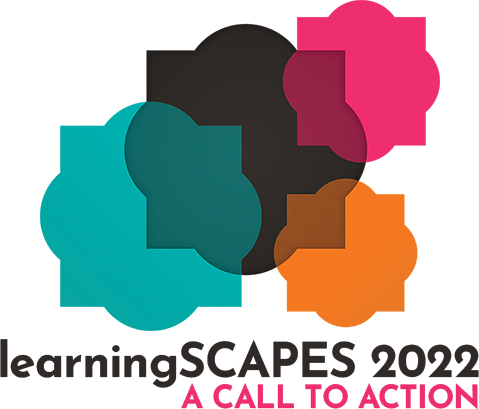 | 1 LU |
 | 1 LU |
In this session a panel of university-level educators from the best graduate schools of education in the region will share what future teachers are learning. Panelists will present on various current topics including: current conversations educators are having about the future of education; best and next practices related to education leadership, teaching, and learning; inclusion and diversity in the classroom; and multicultural education. To lead meaningful educational visioning efforts and elevate their interactions with schools and districts, learning environment planners need to be knowledgeable about and stay current with educational theory and practice. Following the panel discussion, participants will engage in a workshop identifying ways to integrate what they’ve learned into their educational visioning and ultimately into the planning and design of learning environments. Attendees will walk away with a better understanding of educational practice and theory, elevating their future interactions with schools and districts.
Learning Objectives:

Julia has been working for school districts for the past 19 years to make better places for students to learn. She manages the planning of major projects transforming existing school sites and leads the effort to develop, update and align LAUSD’s design standards and educational specifications with its instructional vision. In her professional and personal efforts, Julia advocates for inspiring learning environments that provide all children the opportunity to learn, to grow and to dream.

What are the emerging trends in society, education, and/or school planning, design, construction, supply, and operation that should be informing our conversation today?
Primary Core Competency
Educational Visioning: Exhibits an understanding of best and next practices related to educational leadership, programming, teaching, learning, planning and facility design. Establishes credibility with educators, community members and design professionals while conceiving and leading a community-based visioning process. Demonstrates the ability to articulate the impact of learning environments on teaching and learning and uses that ability to facilitate a dialogue that uncovers the unique needs and long-range goals of an educational institution and its stakeholders – translating that into an actionable written/graphic program of requirements for the design practitioner.